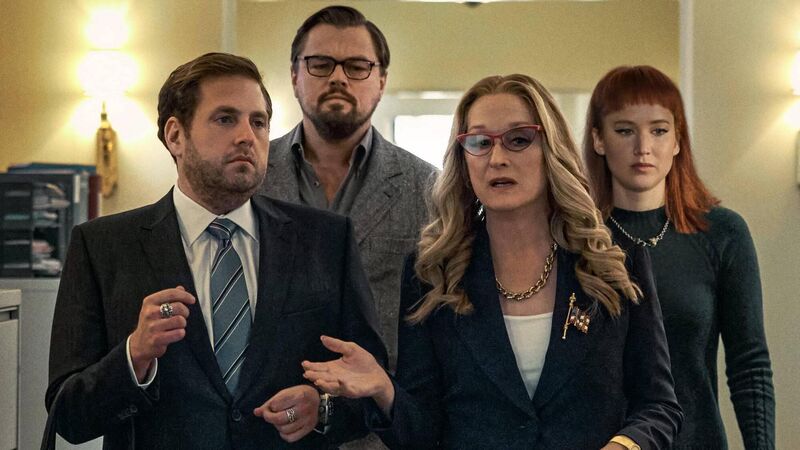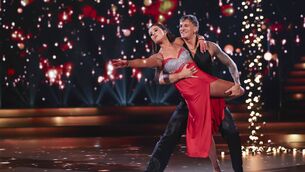Don't Look Up is top of the Netflix charts; its creator talks up his Cork links

Jonah Hill, Leonardo DiCaprio, Meryl Streep and Jennifer Lawrence in Don't Look Up.
When Oscar-winning director Adam McKay started visiting Ireland on a regular basis, he was struck by how obsessed everyone was with The Simpsons.
“The Simpsons is like the national show,” he says. “You talk about the Simpsons a lot. It’s popular in the United States. But not like it is in Ireland. I thought that was very telling, that the sharp, biting satire of The Simpsons, its absurdity, resonates. And then I noticed, too, an extra love for movies that we’ve done like Anchorman and Step Brothers. Irish audiences really appreciate them.”




